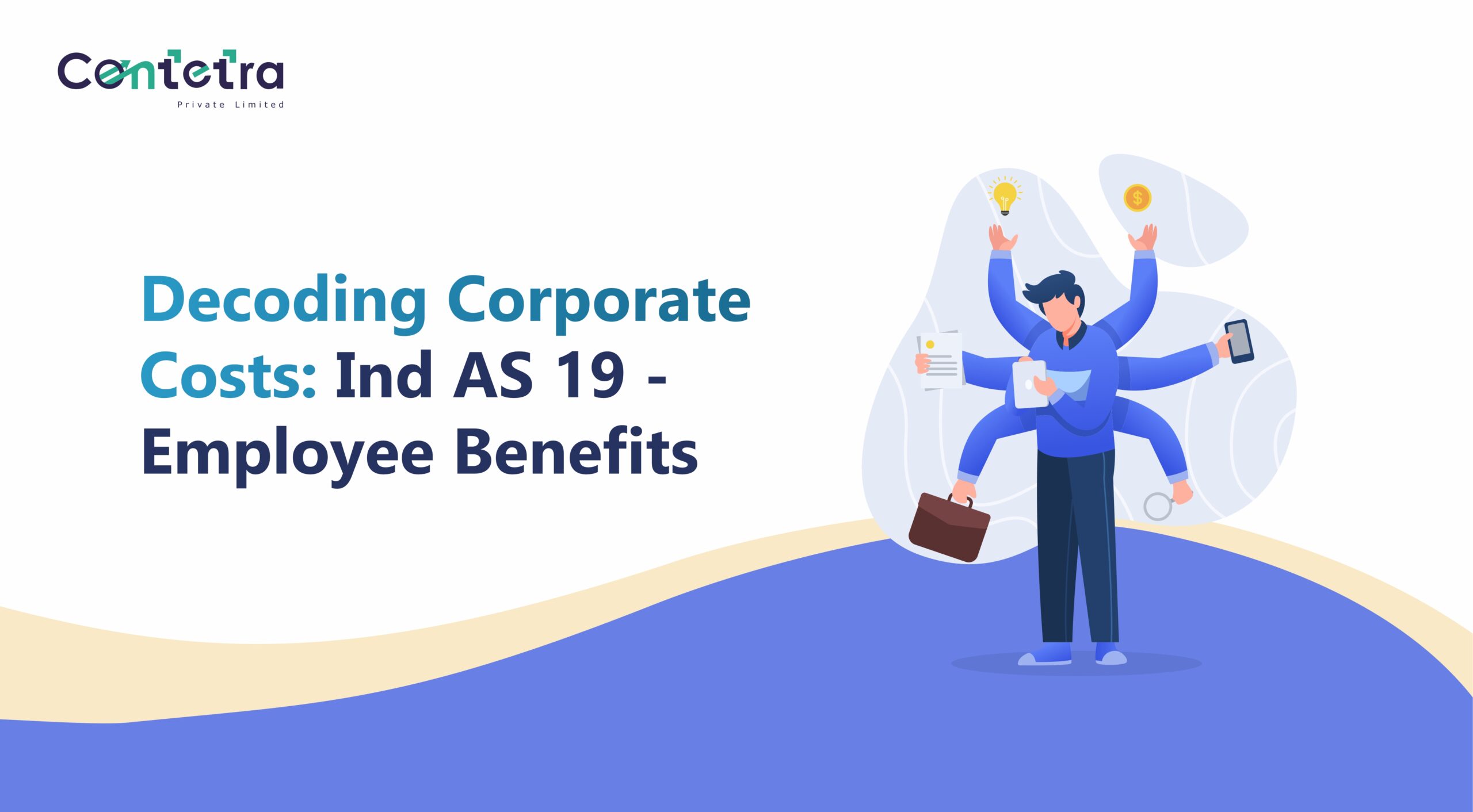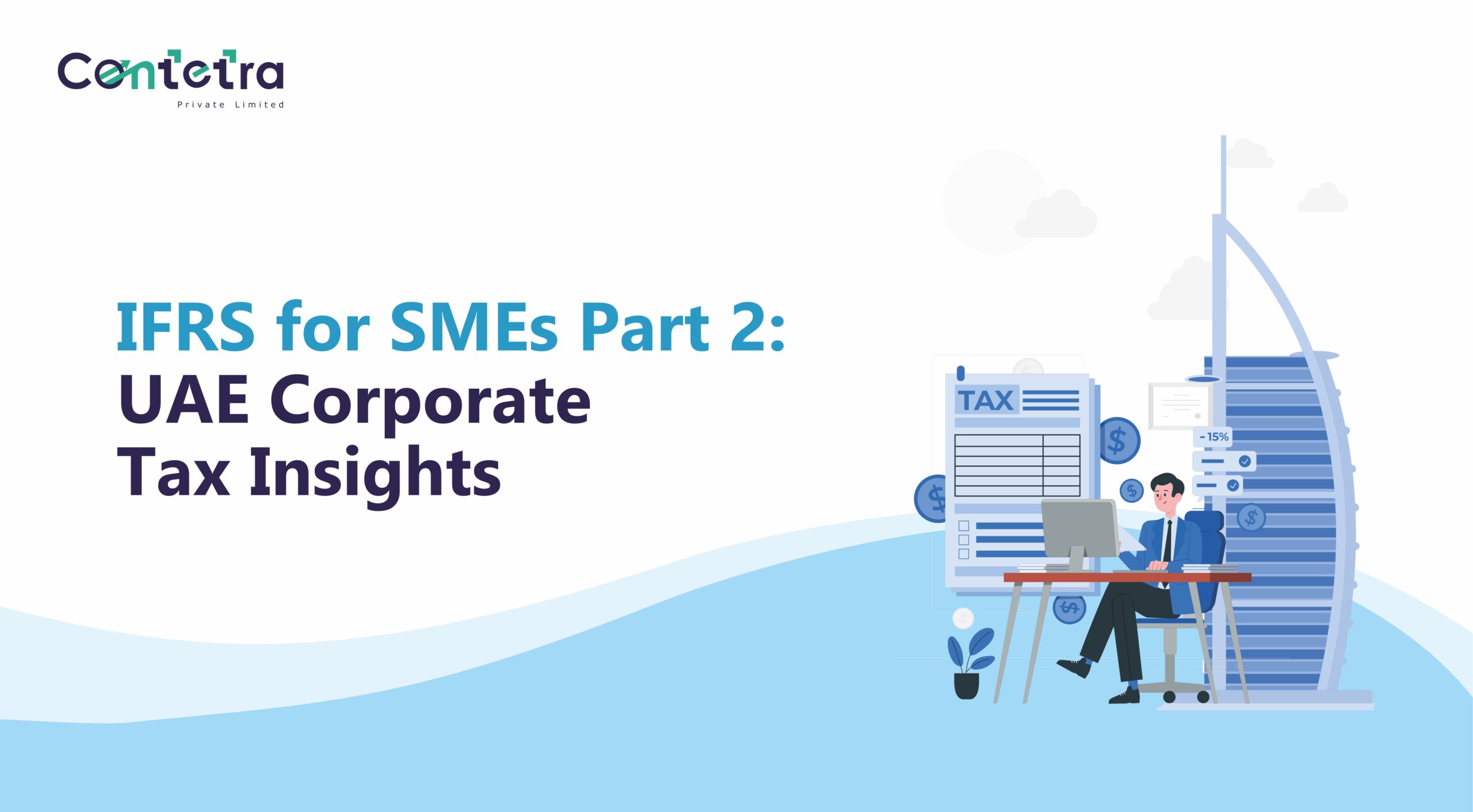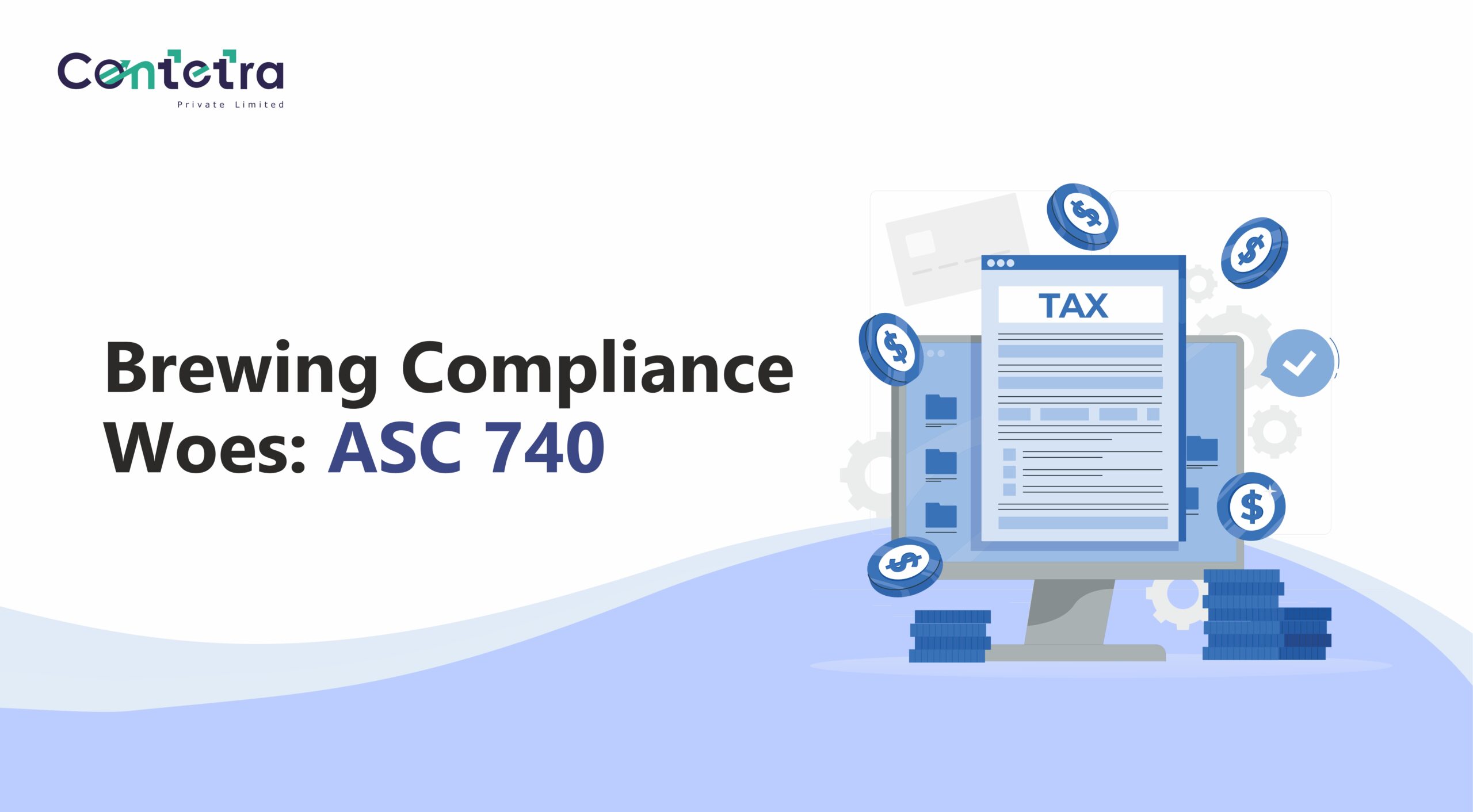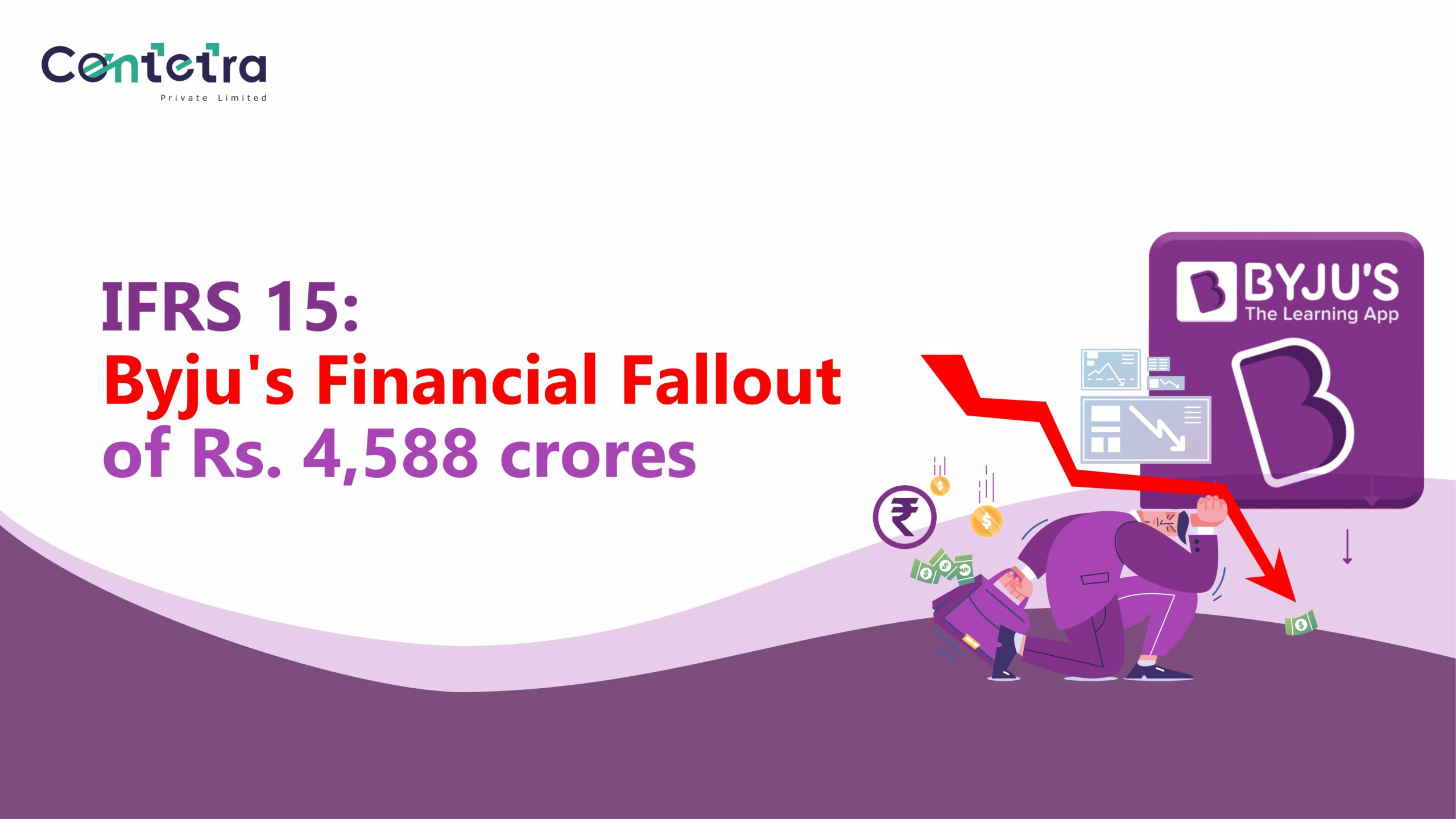Zero Coupon Bonds- A popular investing Option!
State-owned banks were bleeding since the past 2 years due to the Covid-19 pandemic. Considering the heavy losses that these banks suffered, the private investors weren’t exactly eager to buy the shares of these banks. At this time the RBI came up with a plan to infuse equity in these state-owned banks in the least damaging way possible. How?
By issuing Zero Coupon Bonds!
In the last 1 year, the government induced substantial amounts of capital in a few banks via Zero Coupon Bonds. Bank of India received INR 3000 crore in capital through Zero Coupon Bonds which forms about 9% of the bank’s entire equity. Central Bank of India received INR 4,800 crore and Punjab Sind Bank received INR 5500 crore from the government making the lender the highest holder of its zero coupon bonds at 87%!
What are Zero Coupon Bonds (ZCBs)?
Zero-coupon bond (also known as discount bond or deep discount bond) is a bond issued at a price lower than its face value, with the face value repaid at the time of maturity. It does not make periodic interest payments, or have a “coupon rate,” hence the term zero-coupon bond. When the bond reaches maturity, its investor receives its par (or face) value.
Why are Zero Coupon Bonds a popular investing option?
Every new issue of Zero Coupon Bonds gets sold out fairly quick. Zero Coupon Bonds are a popular investing option due to multiple reasons. Some of them are:
- Higher Yields: Zero Coupon Bonds are issued for a longer period of time. Which implies that once an investor buys the Zero Coupon Bonds, their money is locked in for a certain time period. To compensate the investors for this risk of locking in money for huge time period, issuers often pay a higher return. Which is why Zero Coupon Bonds have a higher annualised yield compared to other bonds.
- Guarantee: The biggest advantage of Zero Coupon Bonds is their predictability. Investors are a guaranteed a full payout when these bonds mature. Which is why Zero Coupon Bonds are a good investing option for investors who have a specific financial plan in mind.
- Liquid Market: Zero Coupon Bonds have a fairly Liquid Market. There are a lot of investors and institutional buyers who are constantly buying and selling Zero Coupon Bonds. This is why when an investor is looking to sell their Zero Coupon Bonds, they can do so without facing any risk.
- Zero Reinvestment Risk: Zero Coupon Bonds do not pay interests periodically. Hence, investors do not receive cash periodically which they have to reinvest. Usually, the high annualized yield rate of the Zero Coupon Bonds is equivalent to the return rate if the cash flow is reinvested periodically.
The accounting & presentation of ZCBs has been substantially changed in IFRS & IndAS as compared to the erstwhile IGAAP.To understand how let us first see how these ZCBs are accounted & presented as per IGAAP.
Accounting of Zero Coupon Bonds as per IGAAP:
When Bonds are issued at less than their nominal value they are said to be issued at discount. For example, Bond of Rs. 100 each is issued at Rs. 80 per Bond for a term of 4 yrs. Under IGAAP these bonds will be accounted as follows:
Bank A/c Dr 80 |
Unamortised Discount on issue of Bonds A/c Dr 20 |
To Bonds A/c Cr 100 |
Company gets the benefit of funds by issuing Bonds over a number of years. Hence the discount is to be amortised over the term of the bond. In the given case since the term is 4 years, every year INR 5 will be written off from the Unamortised Discount on issue of Bonds A/c as below:
Interest expense A/c Dr 5 |
To Unamortised Discount on Issue of Bonds A/c Cr 5 |
What has changed under IFRS & IndAS?
As per IFRS & IndAS – The amortised cost of a financial asset or financial liability is the amount at which the financial asset or financial liability is measured at initial recognition minus principal repayments, plus or minus the cumulative amortisation using the effective interest method of any difference between that initial amount and the maturity amount, and minus any reduction (directly or through the use of an allowance account) for impairment or uncollectibility.
The effective interest is nothing but the Internal rate of return i.e., the IRR. Hence, to account the same ZCB under IFRS we will first calculate the Internal Rate of Return (IRR) and amortise the discount over the period using the derived IRR of 5.74% as follows:
Period | Cash Flow | Gross | Discount | Outstanding |
Day 0 | 80 | 100 | (20) | 80 |
Year 1 | – | – | 4.59 | 84.59 |
Year 2 | – | – | 4.85 | 89.44 |
Year 3 | – | – | 5.13 | 94.57 |
Year 4 | (100) | 5.43 | 100 |
Accounting entries would be:
Bank Account Dr 80 |
Bond Liability Cr 80 |
(Being liability initially recognized and measured as per para 9 of IAS 39) |
Interest expense Dr 4.59 |
To Bond Liability Cr 4.59 |
(Being Interest accrued at IRR on the liability for period 1 and so on..) |
Major Differences between IGAAP & IFRS:
IGAAP | IFRS |
Liability is recorded at Gross value | Liability is recorded at Present value |
Discount is amortised as prepaid expense over the term of bond on SLM basis | Discount is factored in while arriving at the effective interest rate of the instrument and amortised over the term. |
Put on Your Thinking Cap!

- Do you know of any Fortune 500 companies who have issued Zero Coupon Bonds recently?
- As an investor, would you invest in Zero Coupon Bonds or High Risk Bonds?
- Other than Banks, which industry would benefit from the issue of Zero Coupon Bonds?
If you have any doubts or if you’d like to discuss about IFRS & its standards, feel free to connect with me on LinkedIn! Lastly, if you think this article would prove useful to someone, do share it with them.















Hi contetra.com webmaster, Good work!
Hello contetra.com administrator, Your posts are always well structured and easy to follow.
Hi contetra.com owner, Your posts are always on point.
Hi contetra.com administrator, Your posts are always well-balanced and objective.
Hi contetra.com webmaster, Thanks for the well-researched and well-written post!
Hello contetra.com administrator, Your posts are always a great read.
To the contetra.com administrator, Thanks for the valuable information!